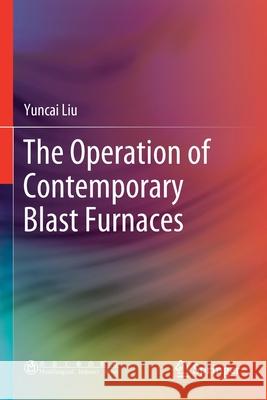The Operation of Contemporary Blast Furnaces » książka
topmenu
The Operation of Contemporary Blast Furnaces
ISBN-13: 9789811570766 / Angielski / Miękka / 2021 / 484 str.
The Operation of Contemporary Blast Furnaces
ISBN-13: 9789811570766 / Angielski / Miękka / 2021 / 484 str.
cena 443,82
(netto: 422,69 VAT: 5%)
Najniższa cena z 30 dni: 424,07
(netto: 422,69 VAT: 5%)
Najniższa cena z 30 dni: 424,07
Termin realizacji zamówienia:
ok. 16-18 dni roboczych.
ok. 16-18 dni roboczych.
Darmowa dostawa!
Kategorie:
Kategorie BISAC:
Wydawca:
Springer
Język:
Angielski
ISBN-13:
9789811570766
Rok wydania:
2021
Ilość stron:
484
Waga:
0.67 kg
Wymiary:
23.39 x 15.6 x 2.46
Oprawa:
Miękka
Wolumenów:
01
Dodatkowe informacje:
Wydanie ilustrowane











